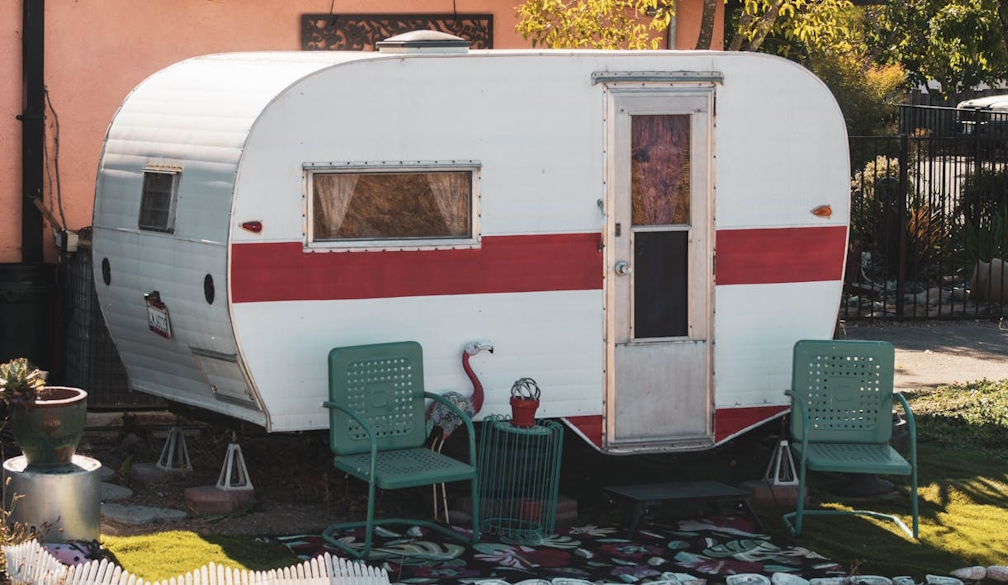Can You Live in a Caravan in NSW

Earlier this year, the NSW Government proposed changes to laws for permanent caravan living. These changes require permits for people living in caravans connected to electricity and water lines for more than six months.
Many people live in a caravan in a family member’s backyard. These changes have understandably caused uproar amongst NSW residents, with worries about stable housing stirring. With homelessness and the cost of living rapidly rising, Australians are viewing this change as a step back from solving the issue.
What are the current laws?
The Local Government (Manufactured Home Estates, Caravan Parks, Camping Grounds and Moveable Dwellings) Regulation 2021 allows people to live in a caravan on a private property permanently. This is only allowed for residents who are part of the main household.
These laws allow people to move into secondary homes, like pop top caravans with a shower and toilet, for as long as they like on private property. This alleviates housing pressures while enabling residents to keep their independence.
What are the proposed changes?
Permits are required for caravans/moveable dwellings when:
-
- connected to power and water for more than six months
-
- they’re bigger than 20 square metres
-
- placed in front of the primary dwelling
-
- situated too close (less than 1m) to the property’s boundary lines.
Councils say the growing number of tiny homes and moveable dwellings makes town and infrastructure harder to plan for. They want more clarity and awareness by making things “more official” with permits.
Critics argue the proposed changes are unnecessarily restrictive and create additional barriers for those already dealing with housing challenges. The requirement of permits may cause considerable issues, delaying certainty about living arrangements as people wait for their applications to be assessed and approved. In the event that a permit is denied, occupants would be forced to move their caravan to a new location every 6 months.
There are many more options these days for larger caravans with ensuites, kitchens and annexes. They can essentially function as a tiny home, containing everything a person needs to live. But with these extra features, caravans may exceed 20 square metres and require a permit for use.
What is the broader issue?
It’s no secret how expensive it has become to live in more traditional housing. The housing crisis has limited the amount of availability for any home, let alone an affordable home. Many people, especially those studying at university, are turning to caravans as an affordable housing option. Caravans have also been helpful for:
-
- Young people
-
- Seniors, especially with grandchildren
-
- Those with mental health issues
-
- Those affected by domestic violence
For a growing number of people, caravans aren’t for holidays and adventures but a necessary means for keeping a roof over their heads. At a time when solutions to the housing crisis are more urgent than ever, placing more restrictions on living in caravans and tiny homes seems like a backward step.






